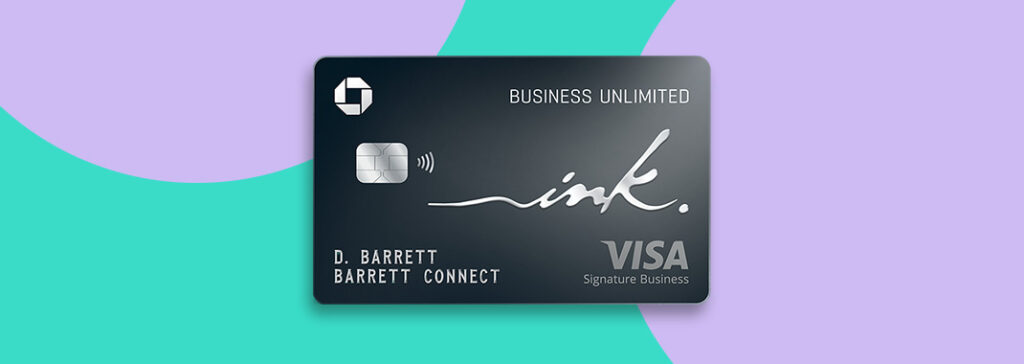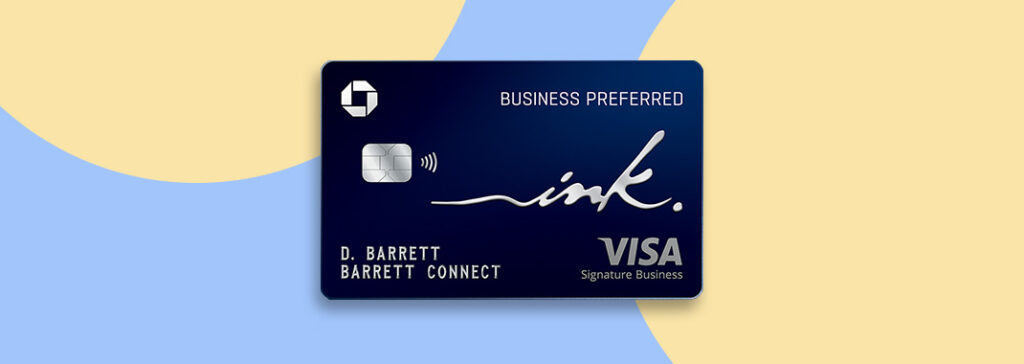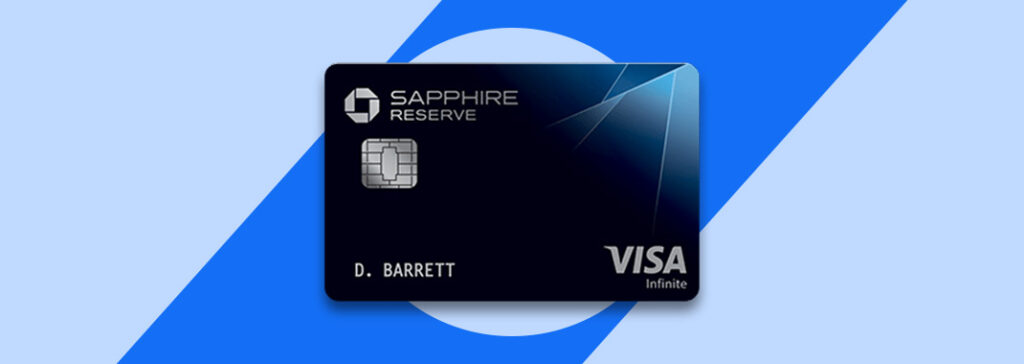Most products on this page are from partners who may compensate us. This may influence which products we write about and where and how they appear on the page. However, opinions expressed here are the author's alone, not those of any bank, credit card issuer, airline or hotel chain. This page may include information about American Express products currently unavailable on Slickdeals. American Express is not a partner of Slickdeals.
When you open a credit card, it comes with a maximum amount you’re allowed to borrow at any given time. This number is known as your credit limit. Although you typically can’t spend more than the credit limit on your account, that number can adjust over time.
Sometimes your card issuer will increase your credit limit on its own. Other times you might get a higher limit simply by making a request.
Ask Yourself Why You Want a Higher Credit Limit
Before we cover tips for asking for a credit limit increase, it’s important to hit pause. Ask yourself why you want the option to charge more on your credit car:.
- Do you want to add an authorized user to your account and need a larger credit limit to keep up with the increased spending?
- Would you like the ability to make larger purchases and earn more rewards?
- Have you heard that a higher credit limit might boost your credit scores?
If any of the above is your motivation for wanting a credit limit increase, asking for one might benefit you (provided you manage your credit card well). But if you want a higher credit limit because you’ve maxed out your account or you’re revolving a high balance from month to month, a larger credit limit will only set you up for more credit and financial problems in the future.
Raising Your Credit Limit How to Ask for a Credit Limit Increase
Once you’ve done some self-reflection and believe a higher credit limit could benefit you, here are some tips on how to ask for one.
-
1
Prepare Your Credit in Advance
There’s a good chance your card issuer will check your credit when you ask for a credit limit increase. Since you know at least one of your credit reports will likely be checked, you should look over all three of them in advance.
-
2
Determine How Much Credit to Request
A good rule of thumb is to stick to around a 10% to 25% increase when you make your request.
-
3
Ask for the Credit Limit Increase
Many card issuers will let you ask for a higher credit limit online or over the phone.
Prepare Your Credit in Advance
You have the right to access a free credit report from all three credit bureaus (Equifax, TransUnion and Experian) once every 12 months. Visit Annual Credit Report to make the request. There are also several places online where you can access your reports free of charge.
Similarly, free services from both Credit Karma and Experian help you increase your credit score and easily monitor your three credit reports from apps on your phone. In fact, Experian lets you add monthly Netflix subscription payments to your credit history (also for free).
After you download the reports, comb through them one by one. Search for errors or mistakes. (They happen.) If you find inaccurate, negative items on your credit reports, they might be harming your credit scores. Thankfully, the Fair Credit Reporting Act lets you dispute any questionable credit information you discover. See this guide from the Consumer Financial Protection Bureau for guidance.
It’s also smart to pay down your credit card balances to $0 and give them a chance to update with the credit bureaus. This may help your credit scores by lowering your credit utilization ratio (largely responsible for 30% of your FICO® Score). Owing less debt can also improve your debt-to-income ratio—another factor your card issuer may consider when it reviews your request for a limit increase.
 Related Article
Related Article
4 Times You Should Request a Credit Line Increase
Determine How Much Credit to Ask for
Before you reach out to your credit card issuer, have an idea of what you want your new credit limit to be. Stick to around a 10% to 25% increase when you make your request. For example, if your current credit limit is $4,000, you might consider asking for a new limit as high as $5,000. If you ask for a limit that makes your card issuer uncomfortable, it might offer to increase your limit some (though not as much as requested) or it might deny your request altogether.
What to Say When Requesting the Increase
Once you’re ready to make the request, you likely have a few options. A phone call will typically be your best bet. Talking to a human gives you a chance to make your case.
Be prepared to let your credit card issuer know any information that might work in your favor. Has your household income increased since you filled out your initial credit card application? If it has, mention this fact to the customer service representative when you make your request.
How Asking for a Higher Credit Limit Impacts Your Credit Scores
As you consider asking your credit card issuer for a higher credit limit, you should know how the request might affect your credit scores. Often, the result of a higher credit limit is positive. If your request is approved, the higher limit might lower your credit utilization rate. As mentioned, lower utilization could give your credit scores a boost.
There’s a chance your request for a credit limit increase could be denied. If this happens, your credit scores might take a small hit.
The denial itself won’t impact your credit. But, when your card issuer considers your request, it will most likely check your credit report. This is called a hard inquiry or a hard pull on your credit report. Hard inquiries influence 10% of your FICO Score (and not in a good way). As a result, a new credit check might lower your credit score slightly.
Managing Your New Credit Limit
Being approved for a higher credit limit has the potential to improve credit scores. However, the impact a credit limit increase ultimately has on your scores comes down to how you manage your accounts.
Whether your credit card limit is $300 or $30,000, you should always pay your statement balance in full every month. On-time payments are also a must. Follow these rules and you’ll be off to a great start.

How Multiple Credit Card Payments a Month Can Boost Your Credit Score
Credit Card Recommendations
Credit cards have a reputation for causing people to go into debt. Yet the idea that opening credit cards is a bad financial choice isn’t accurate. You get to decide how you will use your credit cards, just as you get to decide how you’ll use the money in your bank account.
Our card roundups help people maximize their credit card rewards earnings for planned, everyday spending. Here are a few to get you started:
- Biggest Credit Card Bonuses
- Best Cash-Back Credit Card Bonuses
- Biggest Business Credit Card Bonuses
- Best No Annual Fee Credit Card Bonuses
- Biggest Travel Credit Card Bonuses
- Best Credit Card Deals and Promotions
If you feel confident you can manage your credit cards (paying on time and in full every month), your accounts can be an asset instead of a burden. A well-managed credit card may help you to establish better credit scores over time and can help you take advantage of some valuable rewards.









